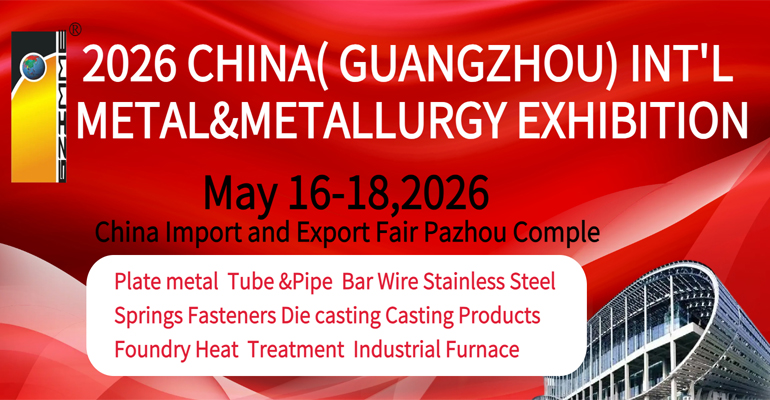Hyundai Steel is expanding its international sales in Europe and America for carbon-reduced steel to align with the global push for carbon neutrality and the EU’s Carbon Border Adjustment Mechanism.
Recently, Hyundai Steel signed memorandums of understanding with Tawesco, a leading Czech auto parts company, and Eusider, an Italian automotive steel plate processor. These companies supply steel materials to major European automakers like Volkswagen and Stellantis and are now securing carbon-reduced steel to meet their carbon neutrality goals.
The EU’s Carbon Border Adjustment Mechanism imposes a carbon tax on imports from countries with lower environmental standards to encourage global emission reductions. This collaboration aligns with Hyundai Steel’s investment in carbon-reduced steel plate facilities at its Dangjin Steel Mill. Starting in September, Hyundai Steel will begin testing carbon-reduced steel parts with these customers and plans to expand its market presence through joint marketing efforts.
In May, Hyundai Steel also signed a supply memorandum with Kirchhoff Automotive, a German auto parts company supplying Volvo, BMW, and Mercedes-Benz. A Hyundai Steel official stated, “With the Carbon Border Adjustment Mechanism coming into full effect in 2026, we anticipate a significant increase in demand for carbon-reduced steel, especially from European automakers. We’re actively engaging with numerous global automakers and parts suppliers to broaden our presence in the carbon-reduced steel market.”
Additionally, Hyundai Steel has advanced the start of a steel plate processing plant for electric vehicles in Georgia, USA, to September, ahead of schedule. This move supports Hyundai Motor Group’s plan to begin production at its dedicated electric vehicle plant, Hyundai Motor Group Metaplant America, in Q4 this year, ahead of its original Q1 2025 target.
The Georgia plant represents an investment of approximately USD 95 mln and will be equipped with one slitter and two blanking machines, with an annual production capacity of 120,000 tons for slitters and 8 mln blanks per machine. This capacity is designed to support Hyundai’s annual production goal of 250,000 electric vehicles at the new plant.


